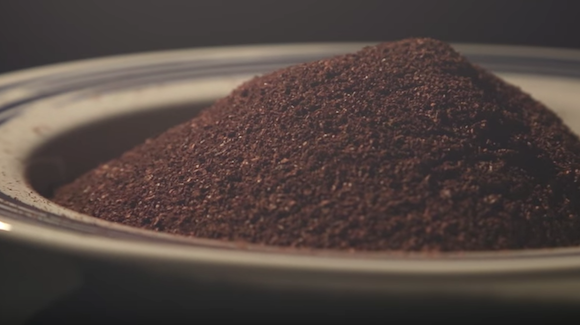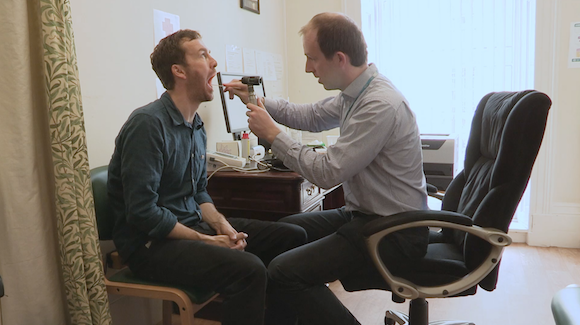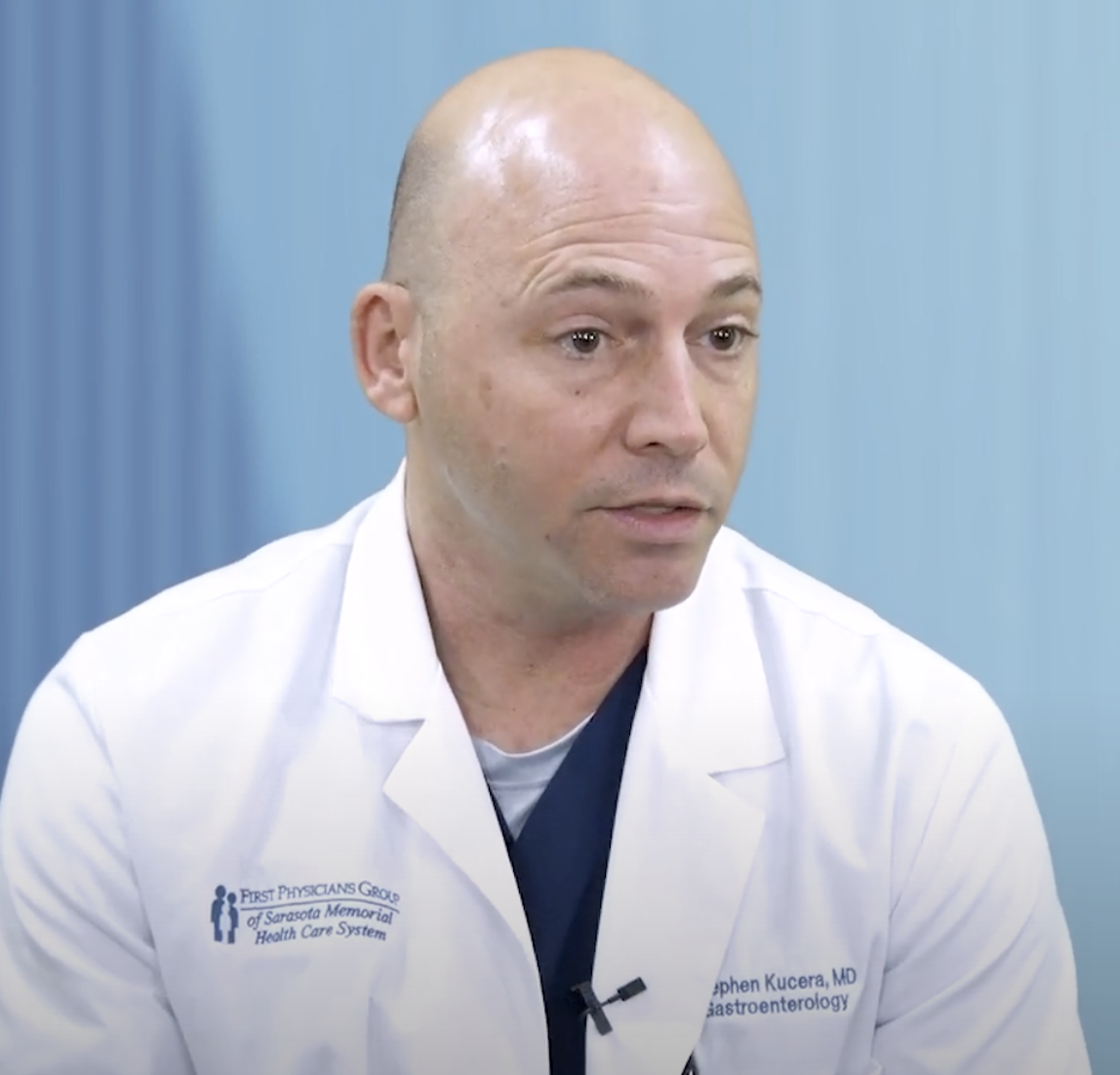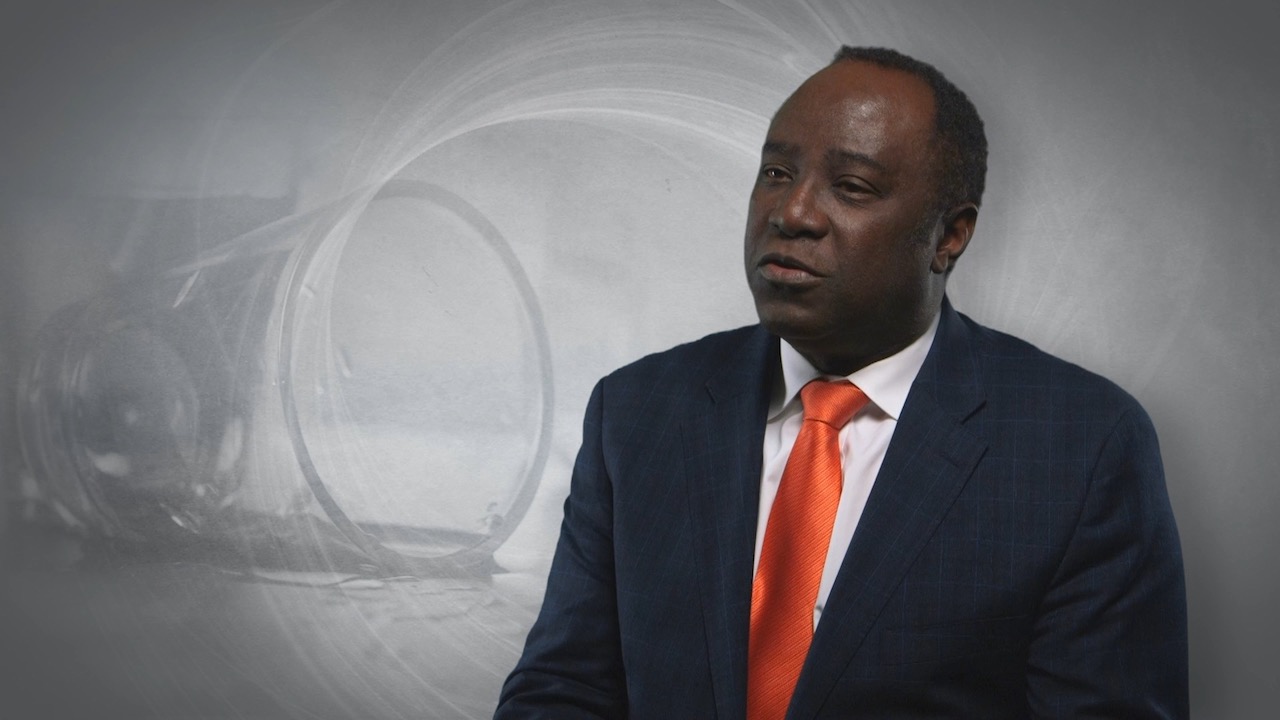Polypectomy a good option for nasal polyposis
Reuters Health • The Doctor's Channel Daily Newscast
The authors note that nasal polyposis now affects about 4% of the general population, so it’s a serious public health problem. After medical treatment, sinus surgery is often the next option, ranging from minimally invasive polypectomy to eradication of the pathological mucosa via radical ethmoidectomy.
The current study aimed at comparing “the functional and anatomical results of polypectomy and radical ethmoidectomy in a homogeneous group of patients operated on by a single surgeon.” That surgeon is Dr. Andre Coste, with Hopital Intercommunal de Creteil, a co-author of the report.
The study encompasses 127 of Dr. Coste’s patients — 77 who underwent radical ethmoidectomy and 50 who had polypectomies.
For each patient, a global functional score (GFS) was calculated by summing the scores (0-3) of five symptoms: nasal congestion, anosmia, rhinorrhea, nasal hyperreactivity, and facial pain. After 3 years, the global functional score had decreased significantly from 8.65 to 3.11 in the ethmoidectomy group, and from 8.15 to 4.2 in the polypectomy group, the researchers found.
Also, a global anatomical score was calculated based on polyp size in each nasal cavity, for a maximum score of 8. The changes in global anatomical score were a drop from 5.95 to 1.83 with ethmoidectomy, and from 6.57 to 3.5 with polypectomy.
Reoperation for polyp recurrence was necessary in 9.1% of the ethmoidectomy group compared with 8.0% in the polypectomy group, according to the report.
“This study suggests that polypectomy with middle antrostomy represents a possible alternative to radical ethmoidectomy when surgery is required for nasal polyposis,” Dr. Coste and colleagues write. They point out that polypectomy is a shorter and less invasive procedure than ethmoidectomy, and is better tolerated and less expensive.
Summing up, they write: “Because the goal of surgery in nasal polyposis is not to cure the disease but to improve the patient’s quality of life and ensure better control of the disease, we think it is reasonable to provide the patient with an enlightened choice of the type of surgery while emphasizing the need for long-term topical corticosteroids in every case.”
Arch Otolaryngol Head Neck Surg 2011;137:111-117.









